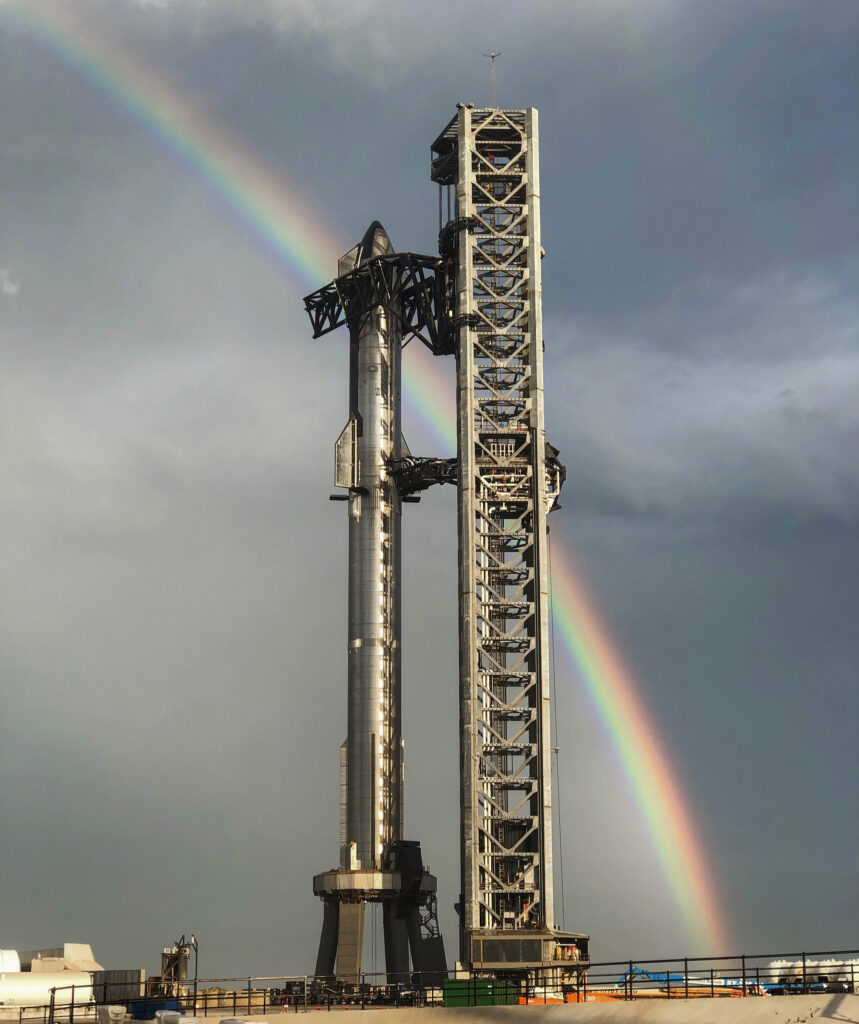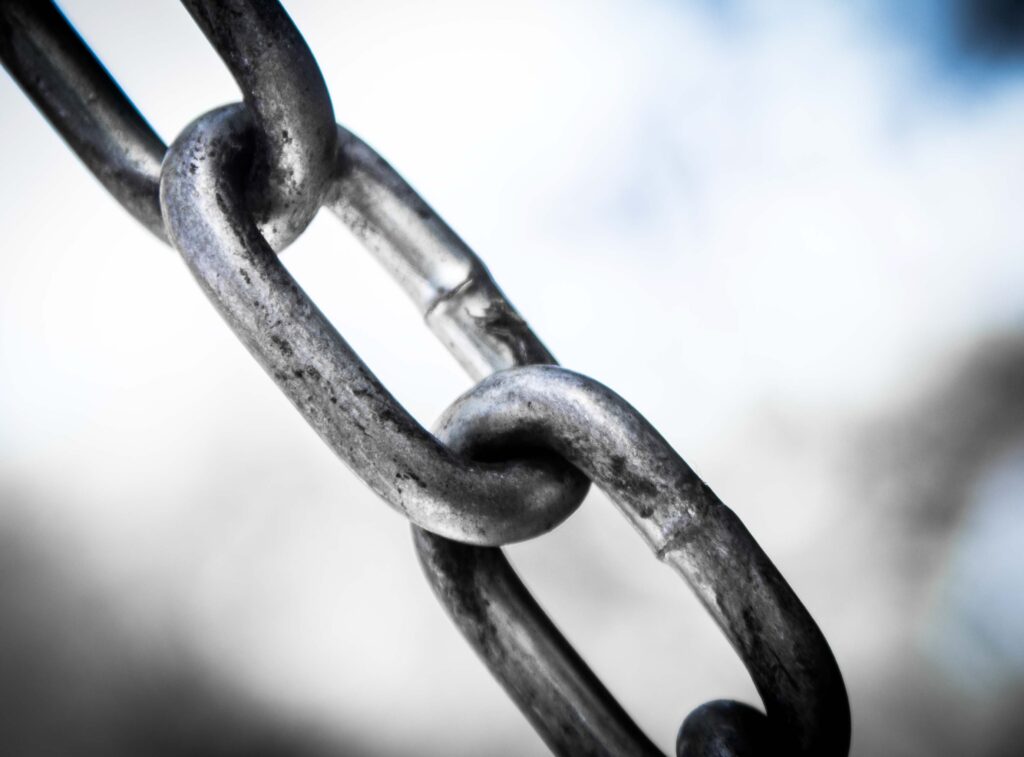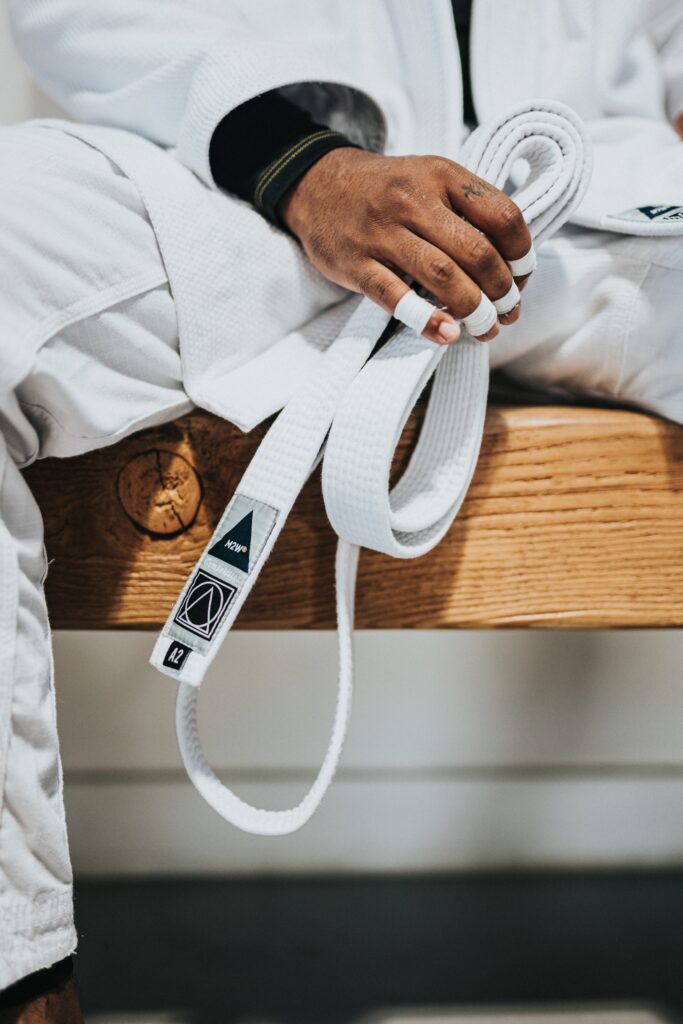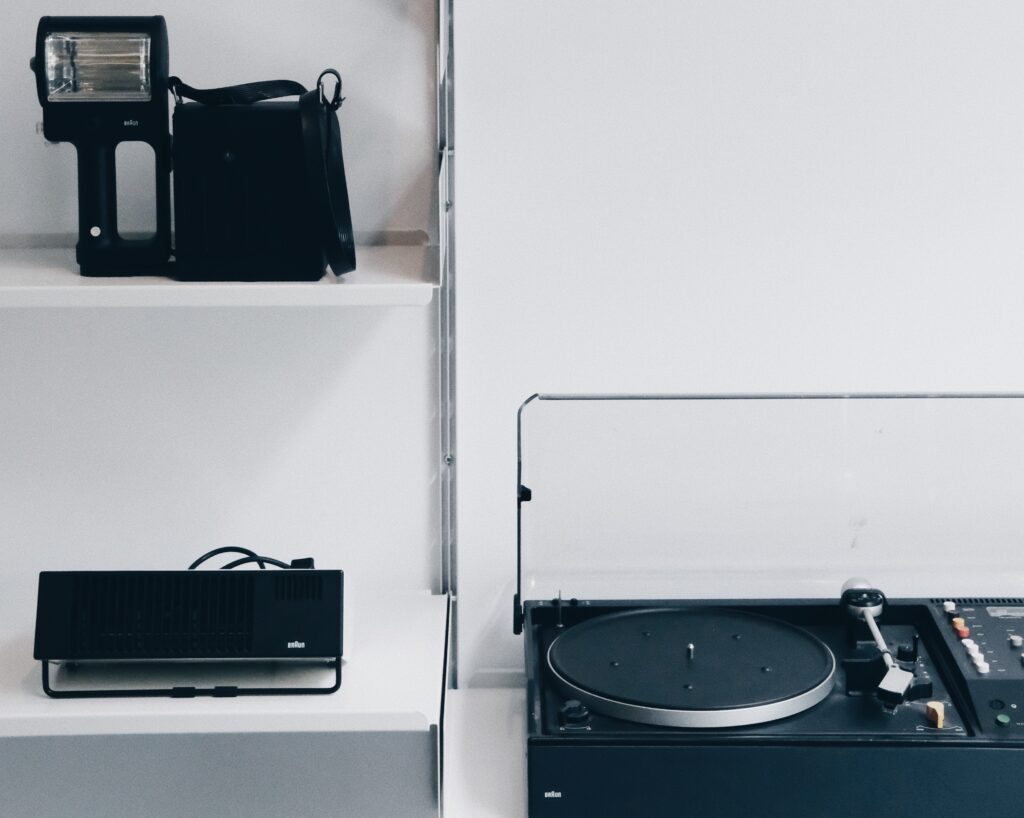
In the age of rapid technological advancements, we must continuously adapt and evolve to thrive. The digital era is marked by the exponential growth of the web, highlighting the power of technology and its interconnected nature. As we navigate this complex landscape, we must embrace technology, harness the power of questions, and foster a culture of sharing. By doing so, we can promote innovation, progress, and growth in a world where the only constant is change.
Embracing Technology: Opportunities and Challenges
Technology is in a constant state of flux, and everything is always in the process of becoming. This transformation is exemplified by the increasing efficiency, opportunity, emergence, complexity, diversity, specialization, ubiquity, freedom, mutualism, beauty, sentience, structure, and evolvability that technology brings. As technology becomes more advanced, personalized, and accessible, it forces us to confront our own identities and the roles we play in an interconnected world.
Our future success lies in our ability to work with robots and AI, as they become crucial in various tasks and professions. AI technology will revolutionize healthcare, reduce the need for in-person doctor visits, and redefine our understanding of humanity. By embracing technology and robots, we enable ourselves to focus on becoming more human and discovering new, meaningful work.
However, this technological progress is not without its challenges. As we become more reliant on technology, the human impulse to share often overwhelms the human impulse for privacy. Anonymity can protect heroes, but it more often enables individuals to escape responsibility. Total surveillance is here to stay, and our experiences are becoming more valuable, raising questions about how we navigate this complex landscape while preserving our values.
The Power of Questions: Fostering Innovation and Discovery
Good questions challenge existing answers, create new territory for thinking, and cannot be answered immediately. They drive us to seek knowledge and innovate by exploiting inefficiencies in novel ways. In a world where answers become more easily accessible, the value of good questions increases. Asking powerful questions leads to new discoveries, opportunities, and the expansion of human knowledge. The scientific process, our greatest invention, is a testament to the power of questioning.
A good question is one that challenges existing answers and creates new territory for thinking. As we move further into the information age, the importance of questioning only increases. Artificial intelligence, for example, will redefine our understanding of humanity and help us explore our own identities. By questioning the nature of AI, we gain insight into our own roles and responsibilities in a world that is rapidly changing.
The Sharing Economy: Shifting Perspectives on Ownership and Value
The digital era challenges traditional concepts of ownership and property, with legal systems struggling to keep up. Sharing and collaboration shape the future, driving the growth of successful companies and fostering collective growth. As access to resources becomes more important than possession, subscription-based access to products and services challenges traditional conventions of ownership.
Ideas, unlike traditional property, can be shared without diminishing their value, allowing for mutual possession and growth. In a world where copies are free and abundant, trust becomes a valuable commodity. By sharing ideas, we contribute to the interconnectedness of the world’s literature, revealing the connections between ideas and works. This interconnectedness extends to other realms, such as the link and the tag, which are among the most important inventions of the last 50 years.
The sharing economy also offers opportunities for increased efficiency and innovation. Platforms enable service access over ownership, and cloud technology plays a key role. Local manufacturing will become more common due to reduced costs and transportation factors. The shift from the industrial age to increased consumer involvement in mass-produced goods is surprising, and cheap, ubiquitous communication holds together institutions and communities.
Navigating the Future: Balancing Growth, Privacy, and Values
As we embrace technology, ask questions, and foster a culture of sharing, we must find a balance between growth, privacy, and our values. The digital age has made the world more interconnected and accessible, but it also raises concerns about surveillance, privacy, and the erosion of personal freedoms. We must develop a framework for navigating these complexities, one that respects individual privacy while still allowing for innovation and collective progress.
Striking this balance is a challenge that requires ongoing dialogue and collaboration among governments, businesses, and individuals. Legislation and regulation must evolve to protect privacy without stifering innovation. Technological advancements must be guided by ethical considerations, ensuring that our values remain at the forefront of our progress.
Moreover, we must adapt our educational systems to prepare future generations for this rapidly changing world. Critical thinking, creativity, and adaptability will be essential skills, as well as a strong foundation in digital literacy. By equipping our youth with the necessary tools, we can help them navigate an uncertain future and contribute to a world marked by continuous change.
Embracing technology, harnessing the power of questions, and fostering a culture of sharing are essential in a rapidly changing world. By doing so, we can promote innovation, progress, and growth in a digital landscape marked by continuous transformation. However, we must also find a balance between these forces and the need for privacy, personal freedom, and ethical considerations. By navigating these complexities together, we can build a future that supports both our individual and collective goals, ensuring that we continue to thrive in an age defined by change.








